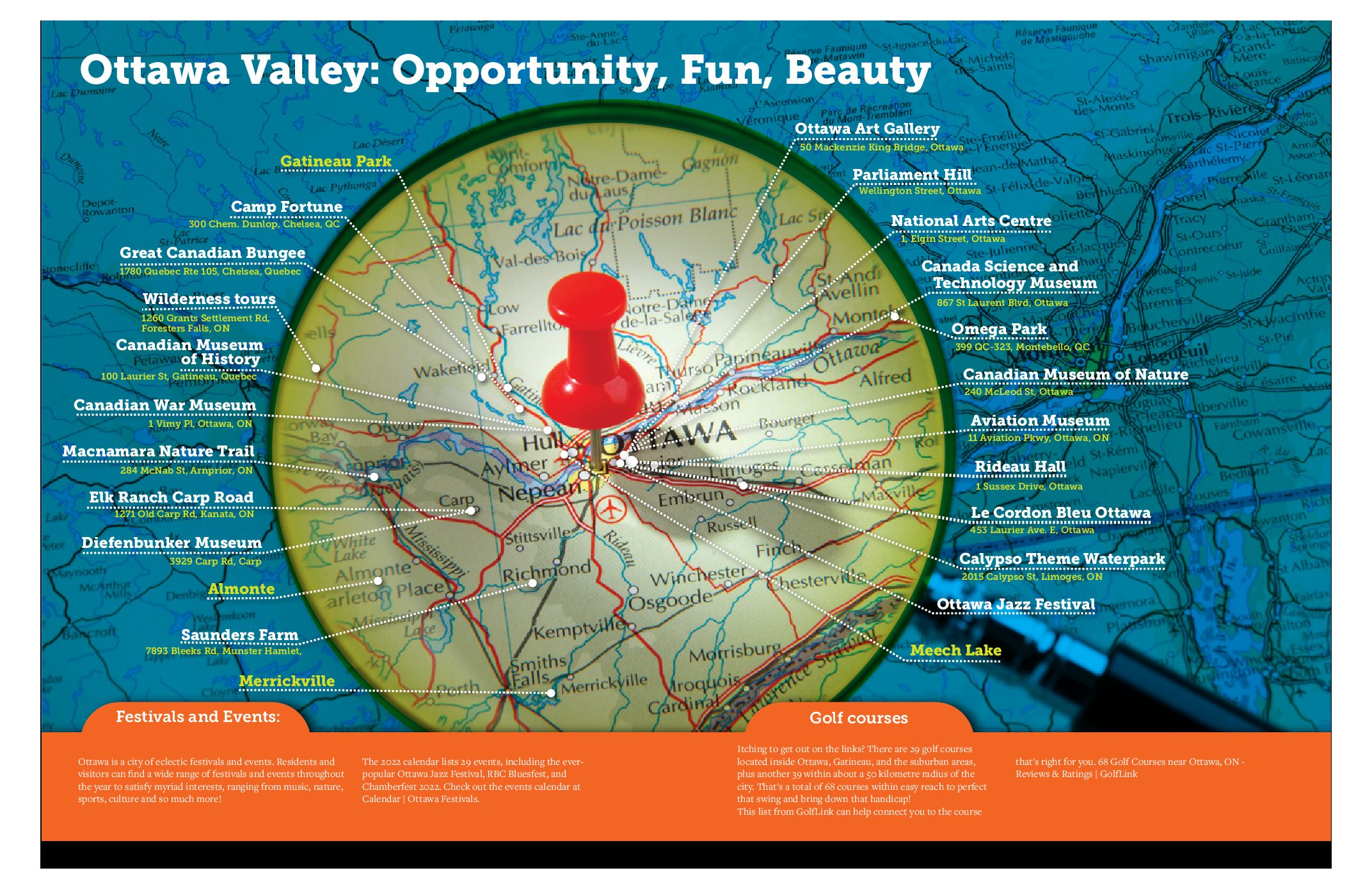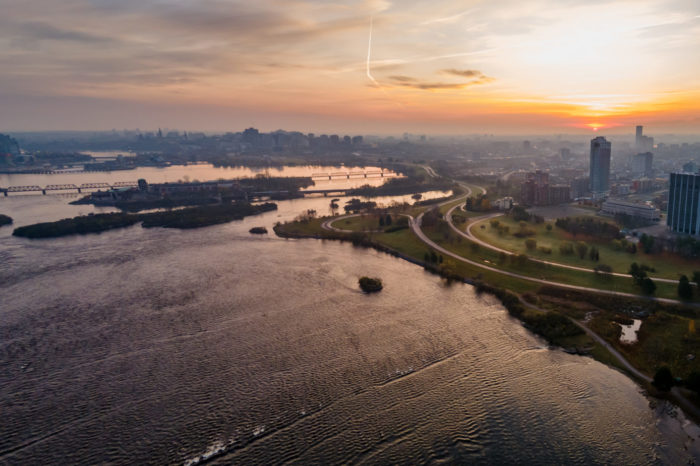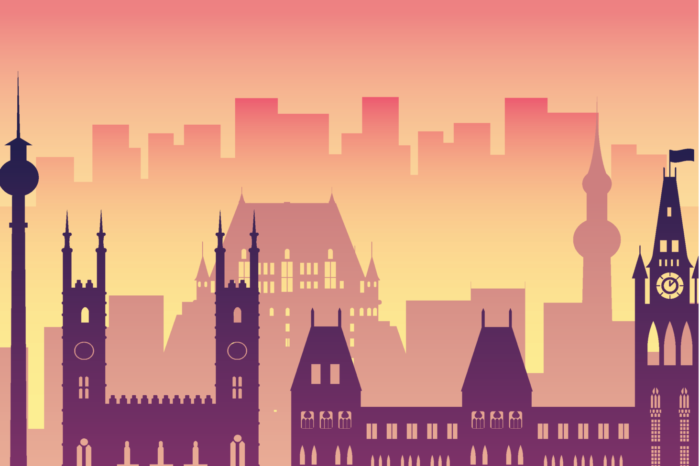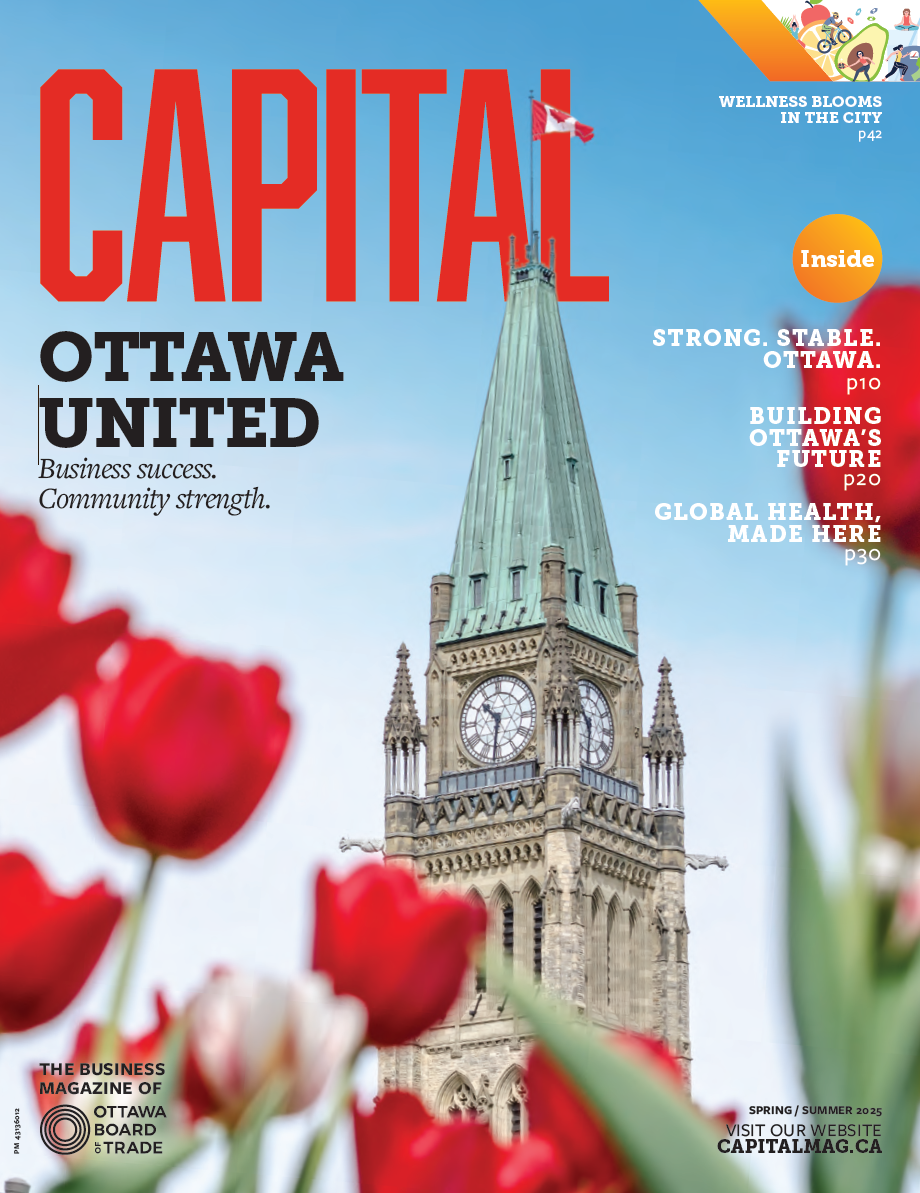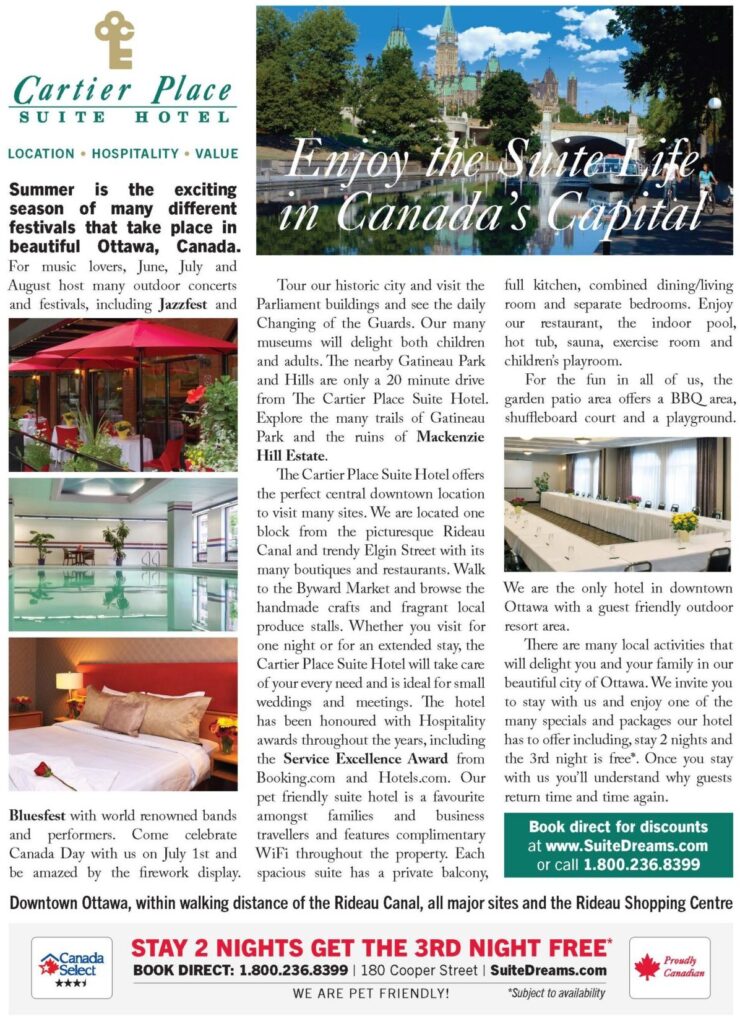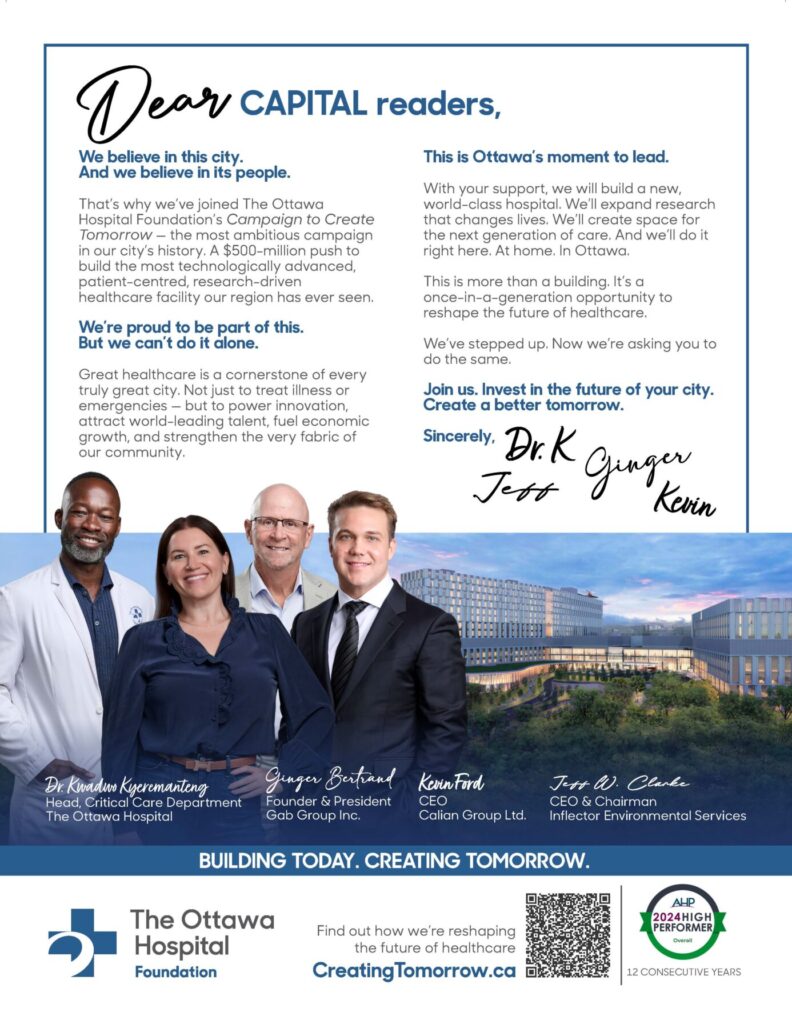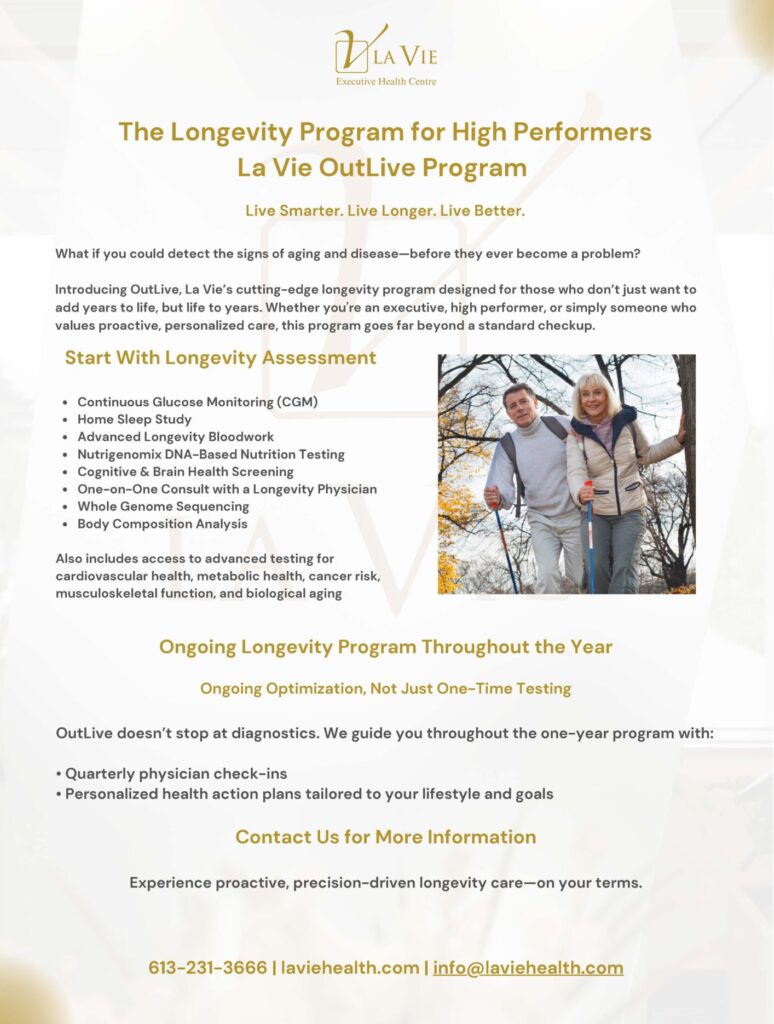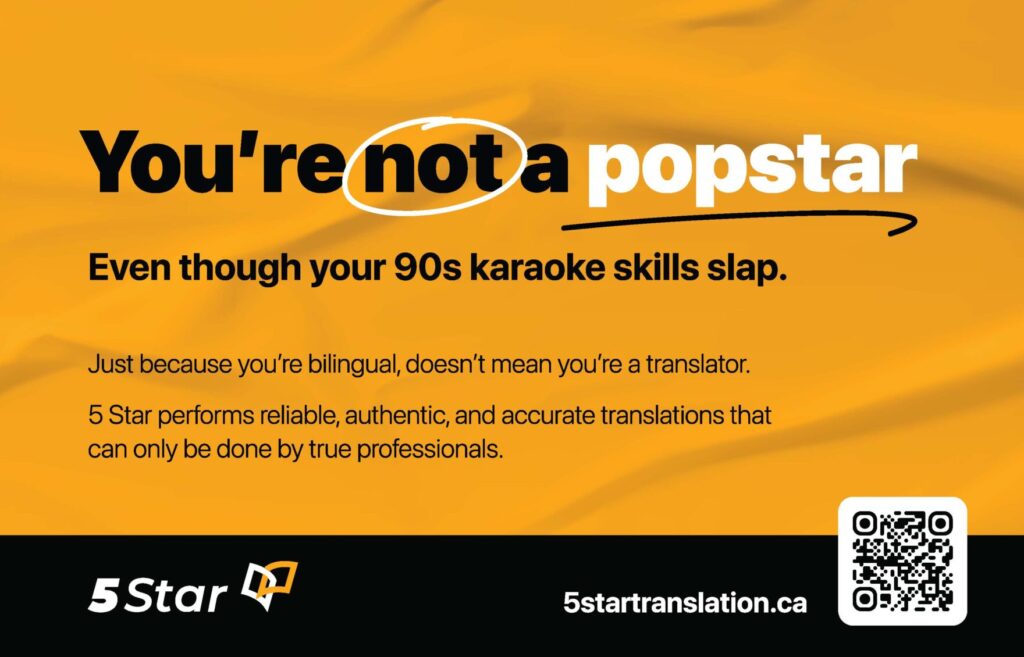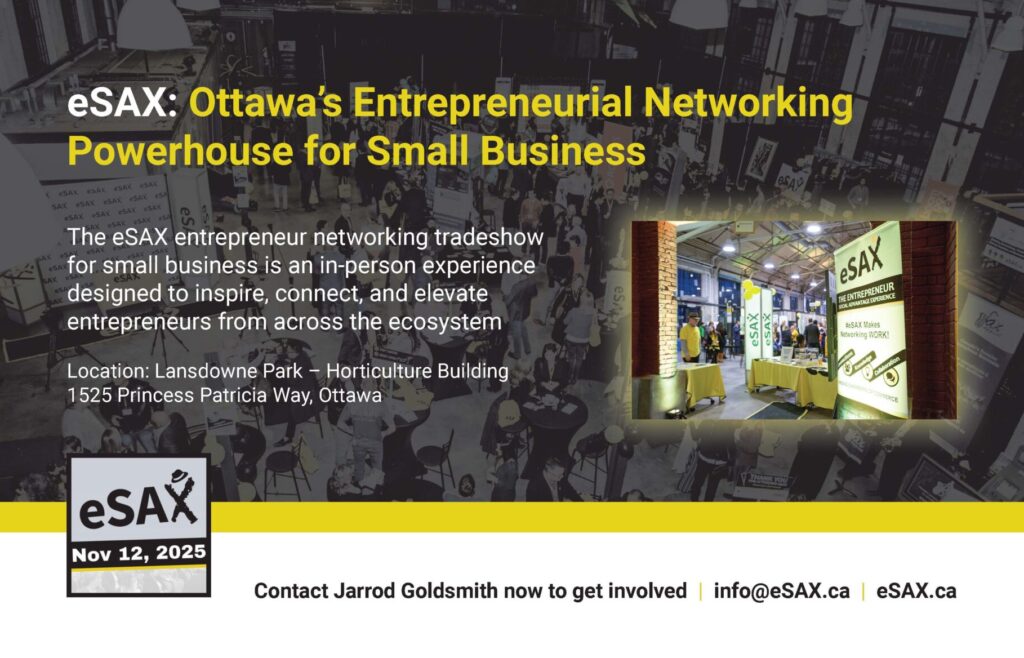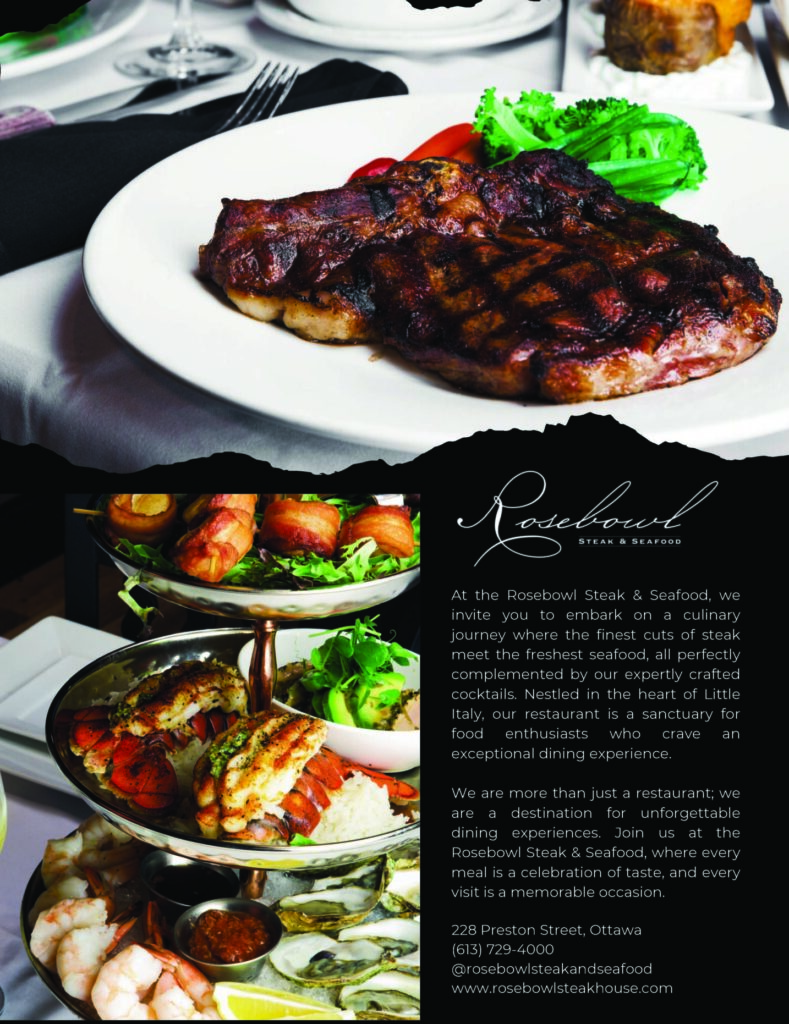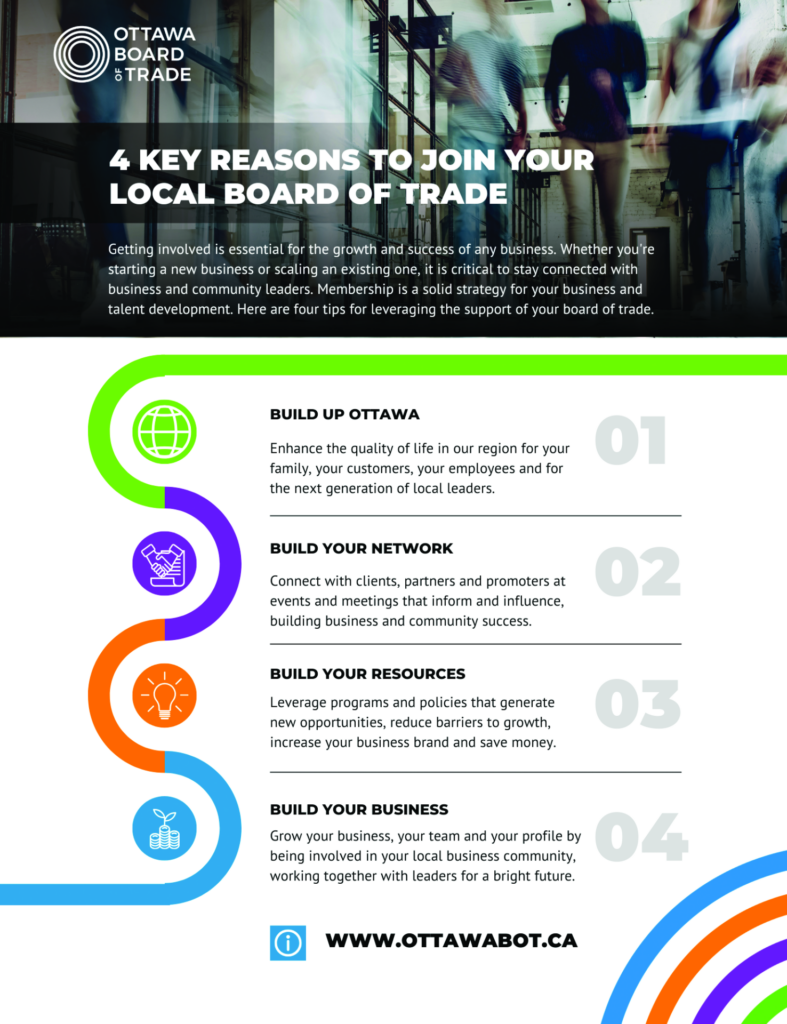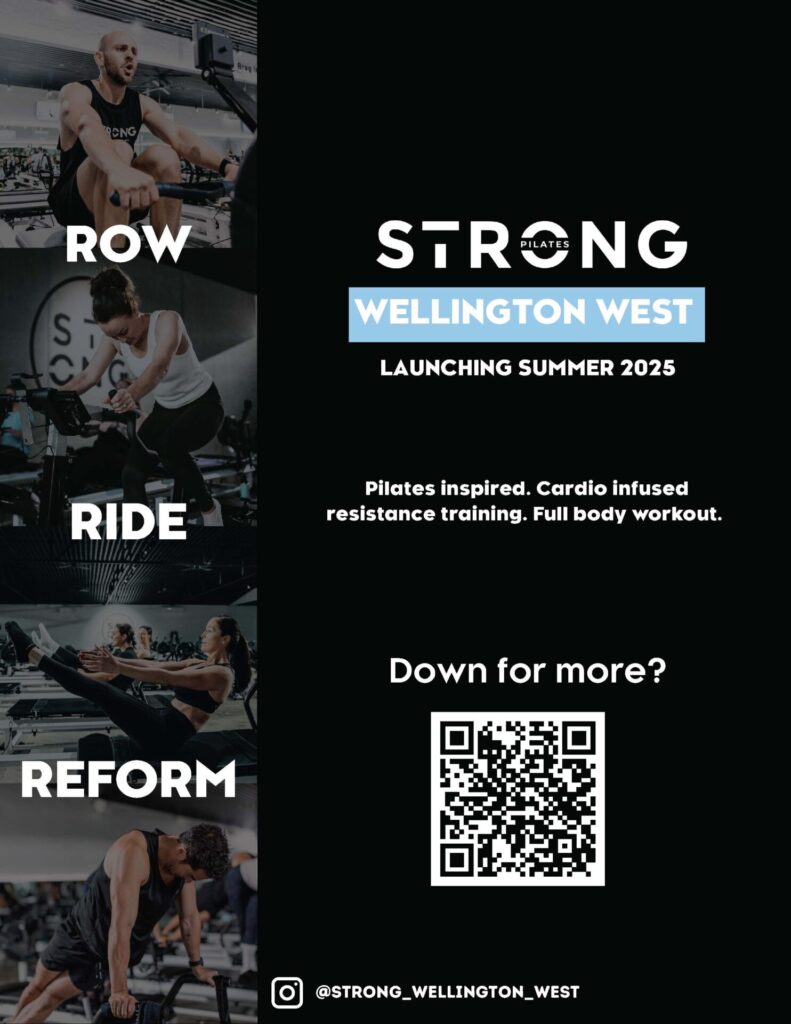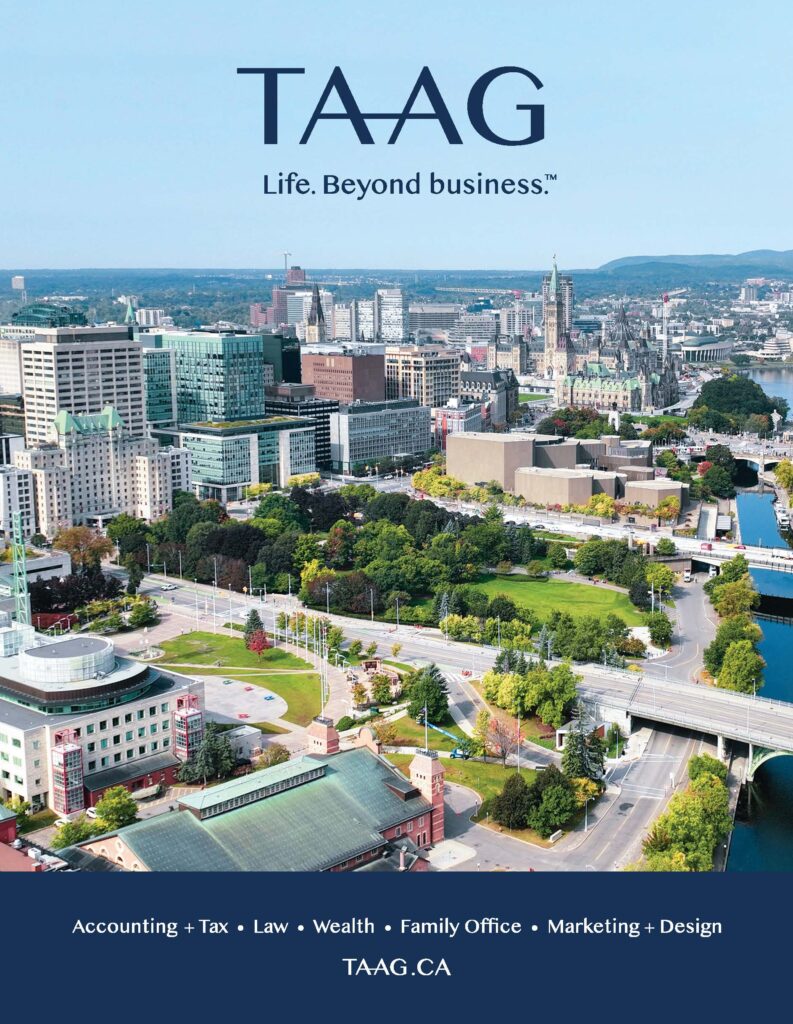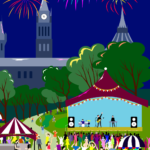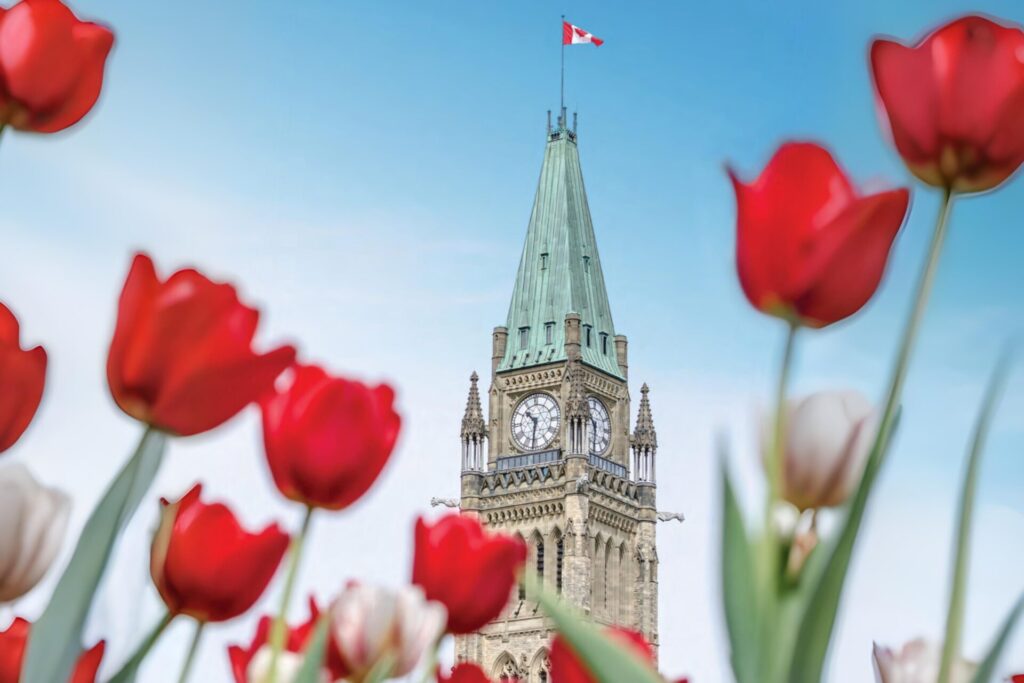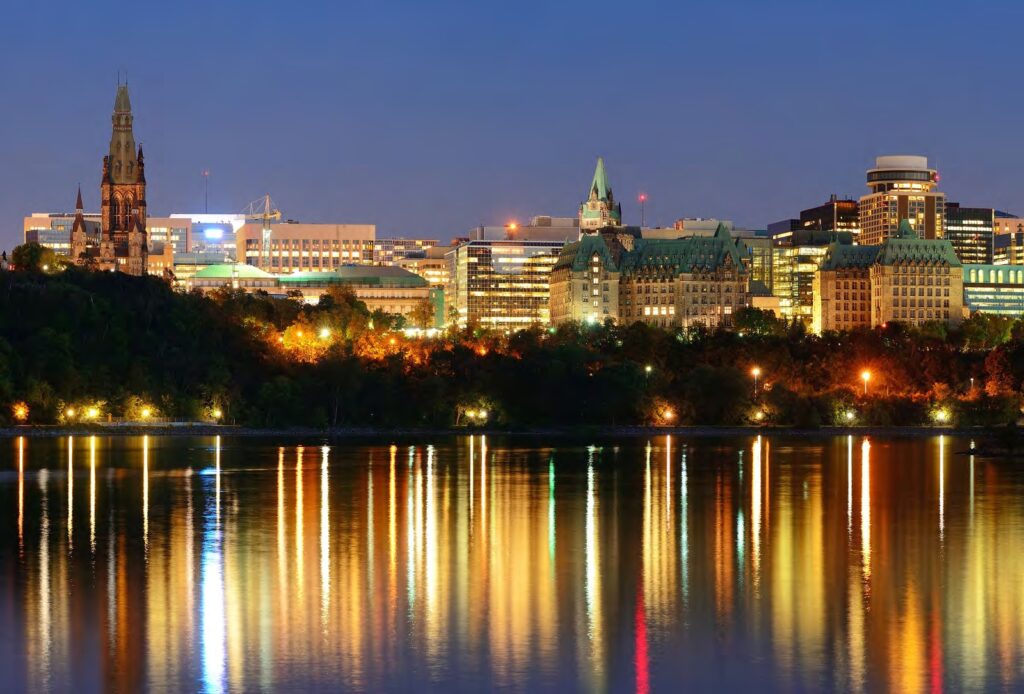OTTAWA’S CULTURAL HEFT
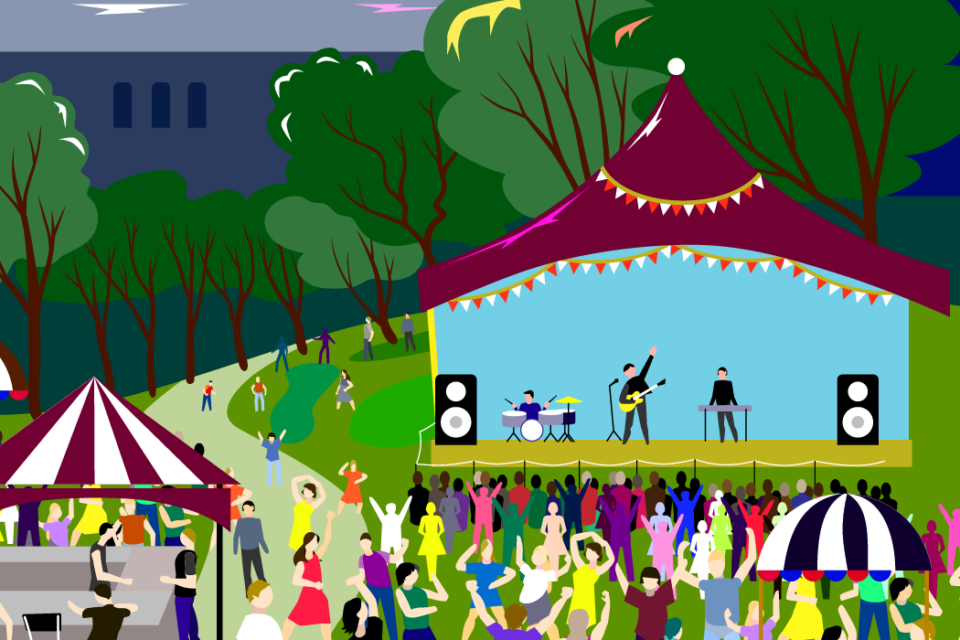
Ottawa has many attributes, including great outdoor amenities and a small-town feel, but chief among the factors that make it most livable is its cultural heft.
BY JENNIFER CAMPBELL
IT’S OFTEN SAID that Ottawa — a G7 capital and yet a city of just 1,000,000 residents — punches above its weight for its size. And when it comes to culture, that punch is more akin to a knockout. After all, the National Capital Region is home to seven national museums, covering everything from fine art, history, war, nature, science and technology, agriculture and aviation. And mustn’t forget the National Arts Centre. Then there’s Bluesfest, one of the country’s largest music festivals, as well as the TD Ottawa Jazz Festival and CityFolk. And being a city that plays host to more than 130 embassies, there are hundreds of cultural festivals and events to take in, too. In short, culture enthusiasts can be busy nearly every day of the year.
MUSEUM MADNESS
The surplus of national institutions creates a vibrant art scene that trickles down to regional and private galleries as well as regional and municipal museums and they’re all supported and attended by culture enthusiasts in the city and beyond. A study by the Ottawa Museum Network, which is responsible for 11 small museums around the city, found that 70 per cent of Ottawa residents feel culture is important to their mental health.
“Social cohesion is a big part of what museums contribute to a community,” says Sara MacKenzie, executive director of the Ottawa Museum Network. “We make Ottawa an interesting, vibrant city.”
And as cities emerge from the pandemic, MacKenzie says culture will become ever more important. Within the network is the Diefenbunker, which was the wartime hideaway for prime minister John Diefenbaker. There’s also the Bytown Museum, located on the Rideau Locks, explores the city’s history. The Museo-Park Vanier is Ottawa’s only francophone museum and includes a sugar shack, now being rebuilt after a fire, among its amenities.
MacKenzie says museums and beautiful public spaces are an important part of great livable cities.
“As small museums, we offer so much,” she says. “There are all kinds of events always happening that contribute to social cohesion and they are places where people can experience life-long learning. I have yet to meet someone who says they don’t like museums. With the cultural venues all over the city, you could do something different every weekend for the whole year. I think that someone moving to Ottawa would be pleasantly surprised with how much there is to do week in and week out.”
LIVE MUSIC YEAR-ROUND
When Toronto native Erin Benjamin moved to Ottawa in 2003, she was immediately impressed by the diverse range of experiences one can have here.
“Amazing people live in Ottawa and that’s why it’s a cool place to be,” says the president and CEO of Canadian Live Music Association. “Whether you’re running a technology company or the live music association, it’s a really interesting mix. I think folks are really proud to be here.”
On the topic of live music, Benjamin is optimistic that the festival community will rebound and even have a bit of a renaissance. After all, the size and quality of festivals measure up to the national museums and there are several other events — think Canada and Remembrance Day — that happen in Ottawa on a grander scale.
“We’re where the country meets on Remembrance Day,” Benjamin says. “We’re used to gathering in large numbers for all kinds of reasons that other cities don’t have and that certainly instills a sense of pride.”
Meanwhile, Benjamin says live music animates the city and contributes greatly to its livability.
“It’s one of those things that we get to do,” she says. “You can see everyone from the biggest stars to emerging artists, often in places you can walk to from your home and if not, everything is very accessible.”
She points to a great history of campus radio and a solid range of venues, including the Canadian Tire Centre and TD place stadium-sized venues down to smaller venues such as Live on Elgin and Irene’s.
“We have a real venue ladder, which we need in order to facilitate the growth of music in our city,” she says. “The festivals feed the venues and venues feed the festivals and promoters like Mark Monahan [Bluesfest] and Cat Coté [Ottawa Festivals] are putting an international stamp on the vibrancy of the city and giving people reasons to be inspired to go out year-round.”
Benjamin also lauds the city’s nighttime economy strategy, which she says puts Ottawa ahead of the curve. It’s currently being investigated by city staff and then it will go to council.
“The creative cultural industry is at the heart of any successful nighttime economy so we’re going to look at our current assets and what we need to build,” she says. “We’ve got this whole eight to 12 hours that we’re really underutilizing and I’m really excited to explore.”
SMALL FESTIVALS; BIG IMPACT
As many as half of Ottawa’s festivals are free of charge to attend, says Lee Dunbar, interim executive director of the Ottawa Festival Network.
Think of events such as Bank Street’s Fire and Ice Festival or Sparks Street’s many events, including Ribfest, Buskerfest and Poutinefest.
“It creates energy in those areas,” Dunbar says. “It brings the locals together, but it also brings other people into the neighbourhoods to get to know them.”
The city also has a number of cultural festivals that showcase the city’s diversity. Dunbar remembers one particular visitor who was able to visit one country for lunch and another country for dinner. Another who visited three festivals in one day reported to him that she was “festival hopping.”
Dunbar thought to himself, “In what other city could you festival hop?”
The cultural festivals range from Greek, Italian and Indian to Indonesian, Asian (through a night market) and South Asia.
The other big contribution festivals make to the city is philanthropic. “Some of these festivals raise millions of dollars a year for charities,” he says, naming Tamarack Race Weekend as chief among them, while others, such as the Ottawa Dragon Boat Festival and HOPE Volleyball event have participants raising money through sport. Meanwhile, other festivals are charities unto themselves or have foundations that run alongside them. Ottawa Bluesfest, Writers Festival, Jazz Festival and the Children’s Storytelling Festival all partner with schools.
